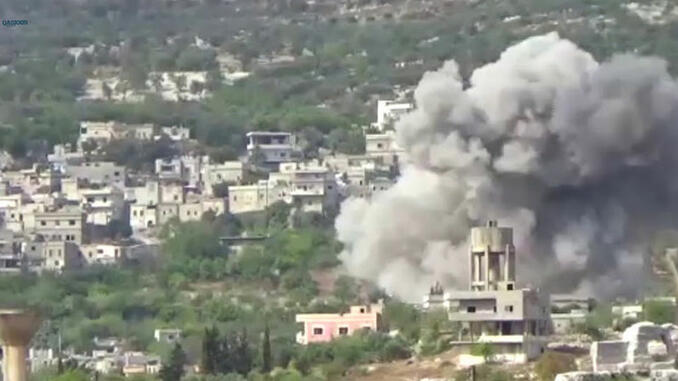
The conflict in Syria has heated up over the past two months as the civil war enters its seventh year. It is estimated that 400,000 people have been killed in the conflict which has displaced nearly 11 million people. On February 18 Syrian President Bashar al-Assad, with Russia’s support, began bombing Eastern Ghouta, a suburb of Damascus. The United Nations condemned the violence on civilians and ordered a cease fire. That cease fire has been ignored, and since the measure has passed more than 1,300 people have been killed, but that number is already outdated.
Originally characterized by outsiders as a fight against ISIS control in Syria, the war has drawn in several countries with competing interests—interests that have become more divergent since the Islamic State has been removed as a serious threat. The conflict has drawn in Russia and Iran which have sided with Assad’s regime; America has been drawn in with its support of the Kurds who are fighting against the regime; Turkey (a N.A.T.O. ally) has been drawn in which they are fighting against the Kurds; and Israel has also joined in the fighting which they are alarmed by Iran and Hezbollah potentially occupying the Golan Heights. The fighting in Syria is now being defined more and more by regional and international players.
Some of those players have already come in direct conflict with each other. On February 7, American-led forces killed around 200 Russian mercenaries after coming under attack by them. Three days later Israel intercepted an Iranian drone in its airspace which prompted an attack by Israel on a Syrian airbase. Israel lost one of its jets to anti-aircraft fire in the attack.
America’s role in the fighting has recently been put into question. Last week President Donald Trump publicly stated he wants an immediate withdraw of U.S. troops from the conflict. His words caused great concern among his advisers which pushed back on a withdraw. He since has moderated his position and has given the military several months to bring home troops, yet the withdraw is not yet official.
On April 8 Assad unleashed a new round of chemical attacks on civilians in the city of Douma which is part of Eastern Ghouta. At least 42 people were killed. The international community was quick to condemn the attack. Trump quickly put blame on Russia and Iran for backing Assad and said that there would be a “big price to pay.” France’s Emmanuel Macron also said there will be repercussions and will coordinate a response with the United States. A Syrian airbase was bombed the day after the attacks and as of this writing it is believed Israel is responsible for the bombings.
The situation in Syria has become terribly complicated, and there are no easy answers. Whatever direction the fighting continues to take by the involved actors, Syria’s civilians will continue to suffer greatly.
